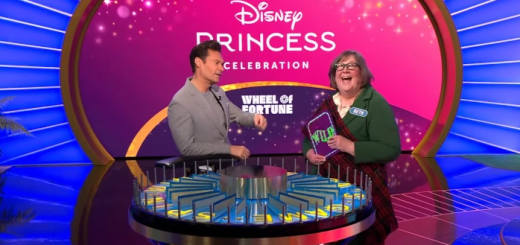13 Common Phrases Narcissists Use in Relationships—And What They Really Mean
When someone says they love you, their words should make you feel valued and safe.
But in toxic relationships, especially those involving narcissistic traits, conversations can leave you doubting yourself instead.

Experts in psychology note that narcissists often use repeating patterns of speech designed to confuse, control, and undermine confidence.
Recognizing these phrases doesn’t mean diagnosing someone—it means protecting your own well-being and learning to trust your instincts.
1. “That never happened.”
This is classic gaslighting. It makes you question your memory and perception.
Over time, constant denial chips away at your trust in yourself.
2. “You’re imagining things.”
By dismissing your reality, narcissists deflect responsibility.
Healthy partners listen and validate concerns instead of rewriting events.
3. “You’re too sensitive.”

This minimizes your feelings and suggests you’re the problem, not their hurtful behavior. Real love respects emotions.
4. “I’m such a horrible person, you deserve better.”

This sounds like self-reflection but is often a manipulation tactic.
Instead of owning up to harm, they make you comfort them.
5. “I’m sorry you feel that way.”
A false apology that avoids responsibility. A genuine apology acknowledges actions and commits to change.
6. “No one else likes you.”
Designed to isolate you, this statement cuts you off from friends or family so you rely solely on them.
7. “After all I’ve done for you…”
Past kindness is used like a debt card—something to guilt you into compliance.
True kindness doesn’t demand repayment.
8. “All my exes were crazy.”
This deflects blame and suggests you’ll be next if you speak up. It’s a red flag of projection.
9. “You’re just jealous.”
Instead of addressing your concerns, they dismiss them as immaturity. It’s a way of invalidating your feelings.
10. “If you loved me, you would…”
A form of emotional blackmail that twists love into a tool for control. Healthy relationships separate requests from threats.
11. “You’ll never find anyone better.”
This aims to destroy self-worth and trap you in dependency. Love should lift you up, not tear you down.
12. Direct insults and criticism.
Constant put-downs mark the devaluation phase. They weaken your confidence and make you doubt your ability to leave.
13. Comparisons with others.
“You’re not as good as…” creates a moving target you can never reach. True love encourages growth, not competition.
Final Thoughts
Real love provides safety, respect, and unconditional acceptance. If someone’s words consistently leave you doubting yourself or feeling small, it’s worth pausing and reflecting.
Recognizing these manipulation patterns empowers you to set boundaries, seek support, and protect your emotional well-being.




























